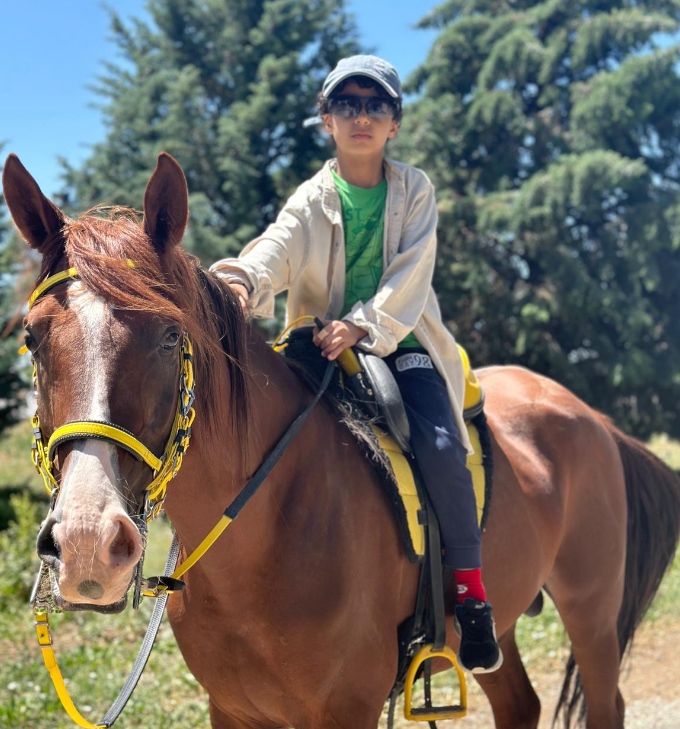How I Navigate My Son’s Screen Time: A Doctor, Tech Enthusiast, and Parent’s Perspective
Table of Content
As a doctor, a tech enthusiast, and a parent to an 8-year-old boy, I’ve seen firsthand how technology can be both a blessing and a challenge. My son, like many kids his age, is drawn to screens like a moth to a flame.
Whether it’s playing games, watching videos, or exploring apps, his fascination with technology is undeniable. But as someone who understands the risks of excessive screen time—both from a medical and developmental standpoint—I’ve had to navigate this digital landscape carefully. Here’s how I’ve learned to balance my son’s tech use, keep him safe online, and help him develop healthier habits.

Is My Son Addicted to Screens? Recognizing the Signs
Before I could address the issue, I had to ask myself: Is my son addicted to his devices, or is this just normal kid behavior? Here are some signs I’ve learned to watch for:
- Withdrawal Symptoms: If I take away his tablet, does he throw a tantrum or become unusually irritable?
- Loss of Interest in Other Activities: Has he stopped playing with his toys, riding his bike, or engaging in activities he used to love?
- Neglecting Responsibilities: Is he skipping homework or chores to spend more time on his device?
- Preoccupation with Screens: Does he constantly talk about games or videos, even when he’s not using his device?
- Sleep Disruption: Is he staying up late to play games, leading to fatigue and crankiness the next day?
- Decreased Physical Activity: Is he spending more time indoors and less time running around outside?
If you’re nodding along, you’re not alone. These behaviors are common in today’s digital age, but they’re not insurmountable. With the right approach, you can help your child develop a healthier relationship with technology.

How I Keep My Son Safe Online
- Set Clear Boundaries: In our house, we have rules like no devices during meals, homework time, or before bed. I also use parental controls to block inappropriate content and limit screen time.
- Educate Him About Online Risks: I’ve had honest conversations with my son about cyberbullying, strangers online, and the importance of not sharing personal information. I want him to feel comfortable coming to me if something feels off.
- Monitor His Activity: I keep an eye on the apps and games he uses. I don’t hover, but I make sure I know what he’s engaging with.
- Encourage Critical Thinking: I teach him to question what he sees online. Not everything is true or safe, and I want him to understand that.
How I Help My Son Overcome Screen Addiction
- Lead by Example: I’ll admit, this one’s tough. As a tech enthusiast, I love my gadgets. But I’ve had to set my own limits to show my son that screens aren’t the center of our lives.
- Create a Family Tech Plan: We sat down together and agreed on screen time limits, device-free zones (like the dinner table), and tech-free times (like family game nights).
- Gradual Reduction: If your child is heavily dependent on screens, don’t cut them off cold turkey. We’ve gradually reduced his screen time and replaced it with fun, engaging alternatives.
- Use Tech as a Tool, Not a Babysitter: I encourage my son to use technology for learning and creativity, not just mindless scrolling.
Healthy Alternatives to Screen Time
To help my son break free from screen addiction, I’ve introduced him to activities that are both fun and fulfilling. Here’s what’s worked for us:
- Outdoor Activities: We go biking, play soccer, or explore nature trails. It’s a great way to get him moving and away from screens.
- Creative Hobbies: He’s started drawing and building LEGO sets. These activities keep his hands busy and his mind engaged.
- Family Time: We have regular family game nights, cook together, or go on outings. It’s a chance to bond and show him that there’s life beyond screens.
- Reading: I’ve encouraged him to read books that interest him. It’s a great way to improve his focus and imagination.
- Social Interaction: I arrange playdates or encourage him to join clubs where he can interact with peers in person.
What I Do When It Gets Tough
There are days when it feels like an uphill battle. When my son’s screen addiction seems overwhelming, I remind myself that change takes time. If things get really tough, I’m not afraid to seek professional help. A counselor or therapist can provide valuable support and strategies.
Final Thoughts
As a parent, I know how challenging it can be to navigate the digital world with your child. But by setting clear boundaries, providing healthy alternatives, and fostering open communication, you can help your child stay safe online and develop a balanced approach to screen time. It’s not about eliminating technology entirely—it’s about teaching them to use it responsibly and in moderation.
My journey with my son has taught me that small, consistent steps can make a big difference. It’s not always easy, but it’s worth it. After all, we’re not just raising kids—we’re raising future adults who need to thrive in a tech-driven world. Let’s equip them with the tools they need to succeed, both online and offline.
Read More Articles in Parenting and Tech:
Let’s work together to build a healthier, more balanced relationship with technology—for our kids and for ourselves.












